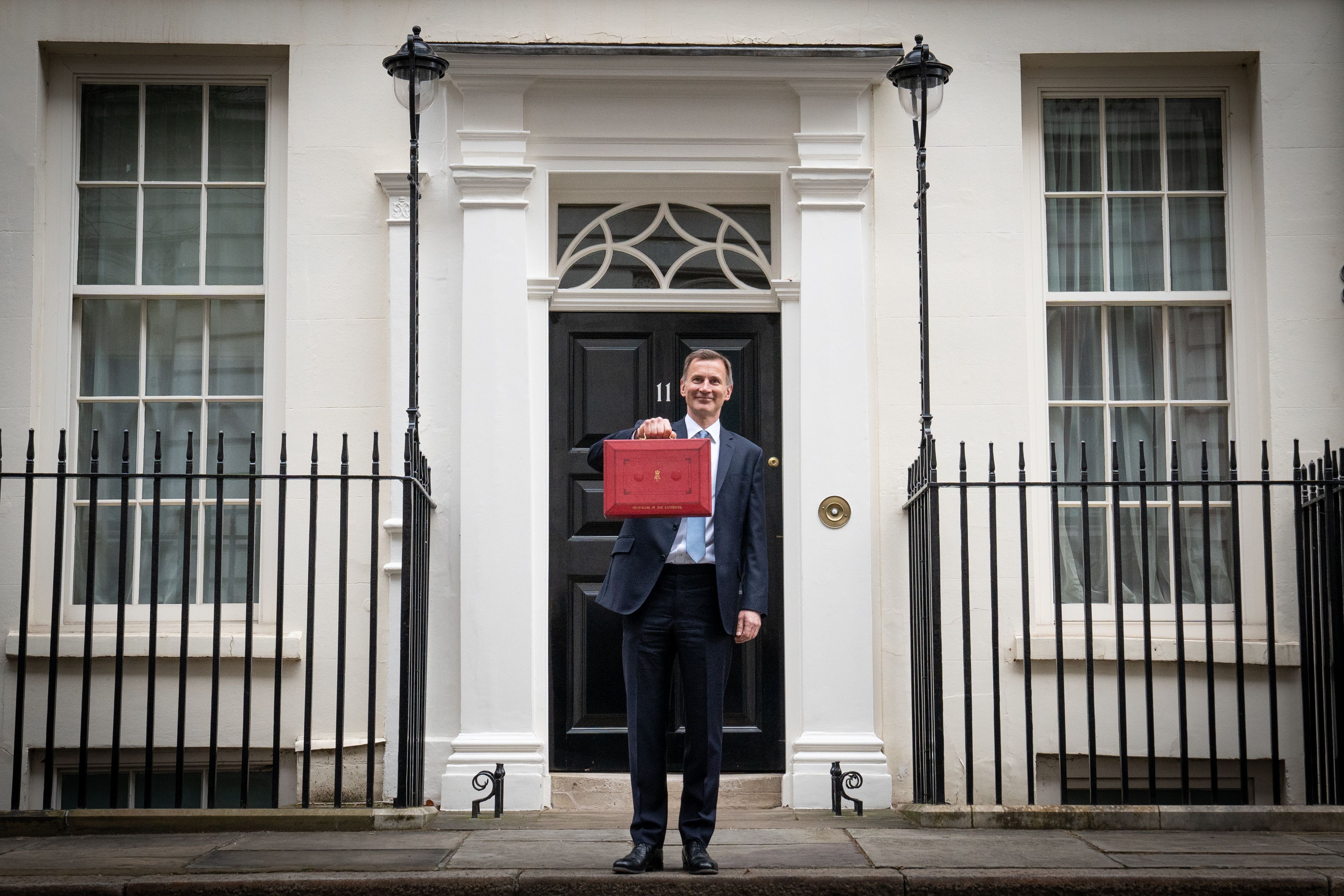UK set for biggest tax rise in at least 50 years with £40bn raid – analysis
The Resolution Foundation said taxpayers are set to pay £40 billion a year by 2028.

Your support helps us to tell the story
From reproductive rights to climate change to Big Tech, The Independent is on the ground when the story is developing. Whether it's investigating the financials of Elon Musk's pro-Trump PAC or producing our latest documentary, 'The A Word', which shines a light on the American women fighting for reproductive rights, we know how important it is to parse out the facts from the messaging.
At such a critical moment in US history, we need reporters on the ground. Your donation allows us to keep sending journalists to speak to both sides of the story.
The Independent is trusted by Americans across the entire political spectrum. And unlike many other quality news outlets, we choose not to lock Americans out of our reporting and analysis with paywalls. We believe quality journalism should be available to everyone, paid for by those who can afford it.
Your support makes all the difference.The UK is on course to see its biggest tax rise in at least 50 years as a result of the freeze on personal thresholds and soaring inflation, according to new analysis.
The Resolution Foundation said taxpayers are set to hand over £40 billion a year by 2028, up from a forecast £30 billion at the time of Chancellor Jeremy Hunt’s budget in March.
The Government’s policy is to keep income tax and national insurance thresholds frozen until 2028.
It comes as Mr Hunt ruled out sizeable tax cuts this year amid Tory calls for a pre-election giveaway at the Conservative Party conference.
“Abandoning the usual uprating of tax thresholds is a tried and tested way for governments of all stripes to raise revenue in a stealthy way,” Adam Corlett, principal economist at the Resolution Foundation, said.
“But it is the far bigger than anticipated scale of the Government’s £40 billion stealth tax rise that stands out.
“The reality of the largest, and ongoing, tax rise on incomes in at least 50 years is why any talk of pre-election tax cuts will inevitably be seen in the wider context of some far bigger tax rises.”
A Treasury spokesperson said: “Our tax burden remains lower than any major European economy, despite the difficult decisions we’ve had to make to restore public finances after the dual shocks of the pandemic and Putin’s illegal invasion of Ukraine.
“Driving down inflation is the most effective tax cut we can deliver right now, and we are sticking to our plan to halve it, rather than making it worse by borrowing money to fund tax cuts.
“We have also taken three million people out of paying tax altogether since 2010 through raising personal thresholds, and the Chancellor has said he wants to lower the tax burden further – but has been clear that sound money must come first.”